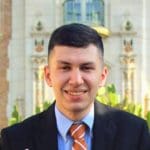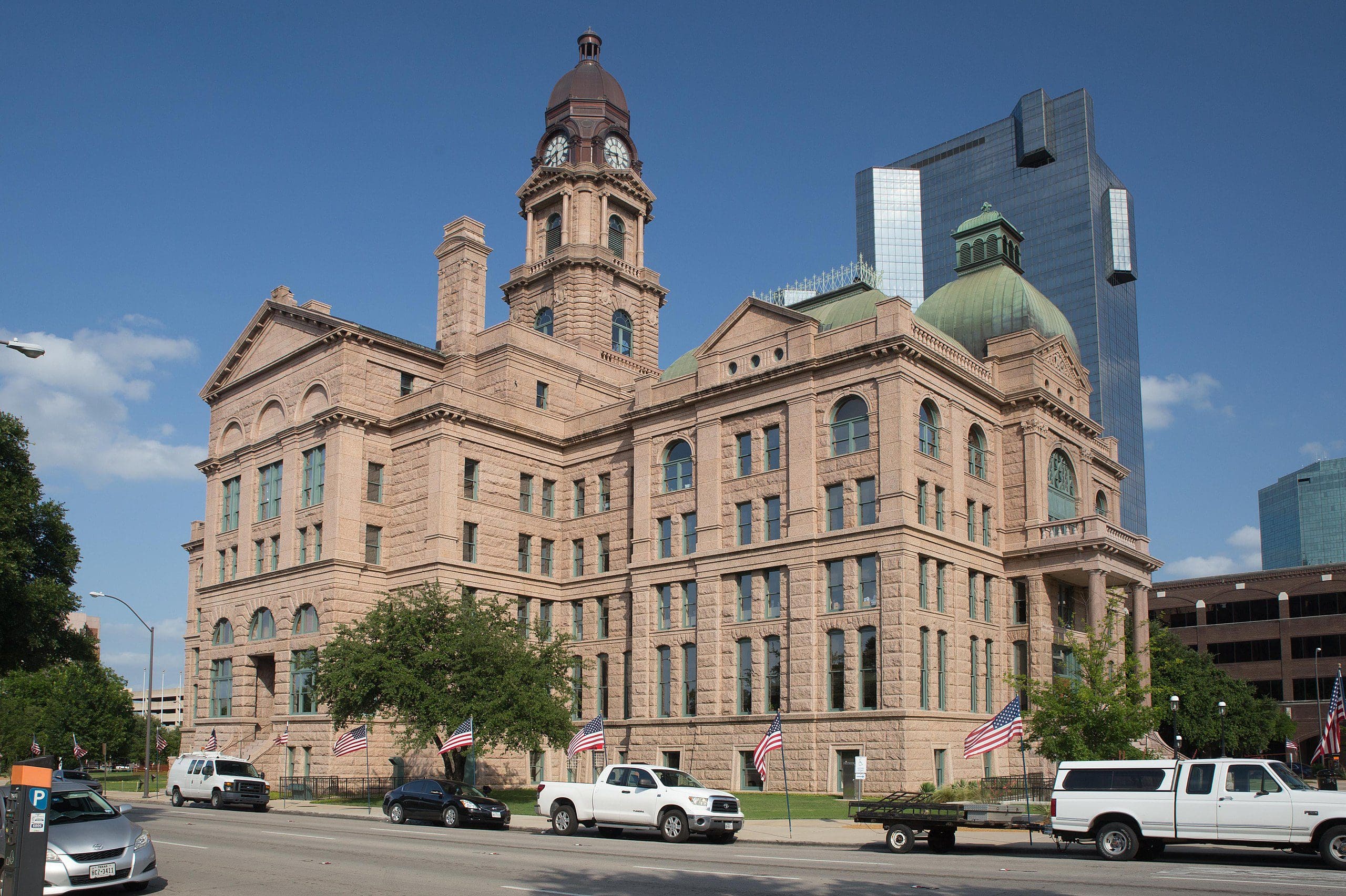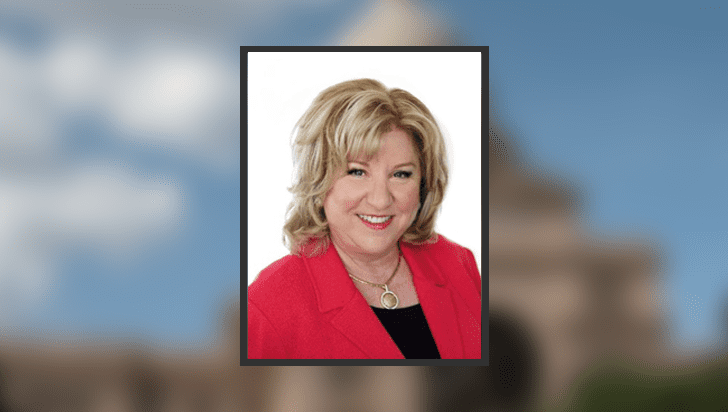After about only a day of deliberations, a jury acquitted former Edinburg Mayor Richard Molina of all charges of voter fraud.
Molina was found not guilty on one count of voter fraud and 11 counts of illegal voting for acts he allegedly took in the 2017 municipal elections. Molina was accused of coercing numerous people who did not live in Edinburg into changing their addresses so they could vote for him. His wife and former business associate were also charged with voter fraud; their cases are still pending.
Molina was first elected as the mayor of Edinburg in 2017. Soon after, reports began to surface that people who didn’t live in Edinburg had been solicited by Molina’s campaign to vote illegally in the city’s municipal elections. Molina was alleged to have personally helped voters change their registration addresses so they could vote in Edinburg; some even used the address of an apartment complex he owned.
In 2019, Molina was arrested by the Texas Rangers and accused of voter fraud and 11 counts of illegal voting.
The state presented numerous witnesses who testified that Molina pressured them to change their voter addresses to allow them to vote for him. His former business associate, Julio Carranza, who is also charged with voter fraud, testified that Molina told him, “You’re not going to get caught. Everybody does it.”
During the trial, Molina took the stand and openly admitted to helping people change their addresses. However, he claimed he thought that what he was doing was not a crime. One of Molina’s defenses was a “Mistake Of Law,” an affirmative defense which is available when an accused reasonably believed based on a reasonable reliance on a representation from the state or someone charged with interpreting the law that an action is legal. Molina testified that his own legal research, as well as personal training as a volunteer deputy voter registrar, led him to believe that what he was doing was not a crime. He relied on the fact that residency can be established by several factors, including choice. The prosecution argued that deception was not one of these factors and none of the people who changed their addresses intended to live there.
Molina also expressed his displeasure that he was being prosecuted for something he believed was commonplace. He stated what he did was a practice that is common and only became an issue once he became mayor. Molina voiced his opinion that this trial was a political retaliation against him. The trial had been previously delayed after Molina filed a motion to disqualify Hidalgo County District Attorney Ricardo Rodriguez. The person who filed the initial complaint against him, Mary Alice Palacios, is Rodriguez’s aunt. Molina claimed Palacios retaliated against him for his vote against an insurance contract she maintained with the city. Judge Carlos Valdez ultimately denied Molina’s motion and allowed the trial to proceed.
In December of 2021, Molina narrowly lost re-election to Ramiro Garza, who received 52 percent of the votes to Molina’s 47 percent.
After the verdict was read, Molina reportedly sobbed and hugged his attorney.
The judge expressed his thanks to the jury, saying, “I really appreciate your hard work. … I can tell just by the time that you took that you looked at this very carefully.”
Molina’s acquittal marks the end of a long journey for a trial that had been repeatedly delayed. The cases against Molina’s wife and his business associate, Julio Carranza (who testified against Molina and admitted to participating in changing peoples’ addresses), are still pending and have yet to go to trial.
Edinburg, with a population of about 107,000 people, is the second-most populous city in Hidalgo County. Molina’s case was only one of the latest ballot harvesting investigations in South Texas, where organized vote harvesting by paid political operatives has been a recurring problem.
Voters can report instances of suspected fraud to the secretary of state, who will refer them to the Office of the Attorney General for investigation.





